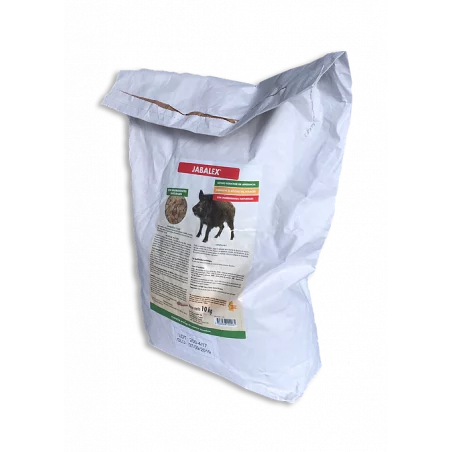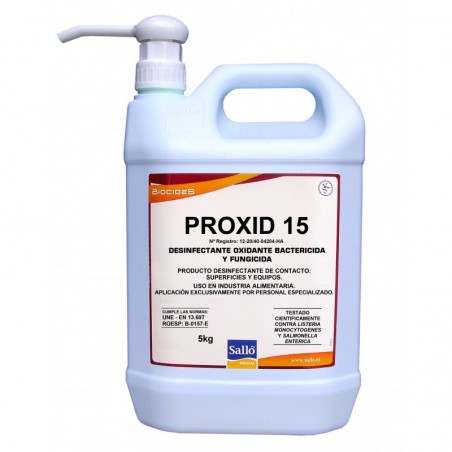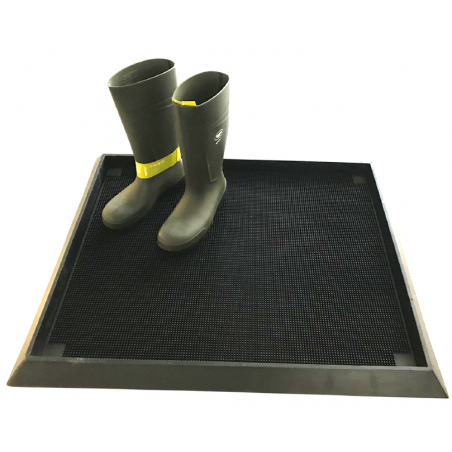In 2020/21, due to dry conditions over the summer negatively influencing plant development, total EU cereal production is expected to reach 274.3 million tonnes, 7% lower than in 2019/20. Soft wheat production is estimated at 115.5 million tonnes for 2020/21, with area hitting a 13-year low. As for maize, production is expected to drop and reach 63.1 million tonnes,10% lower than last year. This decline comes mainly from lower yields across the EU.
Regarding oilseeds and protein crops, EU total oilseed production is expected to reach 28.4 million tonnes, a slight increase of 1% compared to 2019/20. This increase is supported by rapeseed production, expected to reach 15.8 million tonnes, up 3% compared to last year, but still low in historical terms (15% below the 5-year average). Protein crop production should increase significantly, at 4.5 million tonnes for 2020/21, a 10% rise compared to 2019/20. Consumption of protein crops is also expected to grow by 5%, thanks to a greater use in feed and a rise in food demand.

As for pigmeat, while production was down in the first half of the year (-0.9% year-on-year), favourable prices, a return of consumer demand and recent investments contributed to an increase in production in the last few months. Nonetheless, the recent discovery of African Swine fever (ASF) in Germany, which led to export bans, will impact the German, and therefore the EU, pigmeat market. The production of pigmeat is set to decline in 2020 and 2021, respectively by 0.5% and 1%. Consumption is projected to decline by 1.1%, to 32.8 kg per capita in 2020.
Exports of pigmeat (without offal) were up by more than 15% in the first half of the year, doubling to China and increasing to Vietnam. The ASF cases in wild boars in Germany resulted in immediate trade restrictions of exports from Germany to key partners: China, South Korea and Japan. As a consequence, the projection for 2020 is revised downwards to +2% year-on-year.
October 5, 2020/ European Commission/ European Union.
https://ec.europa.eu/









